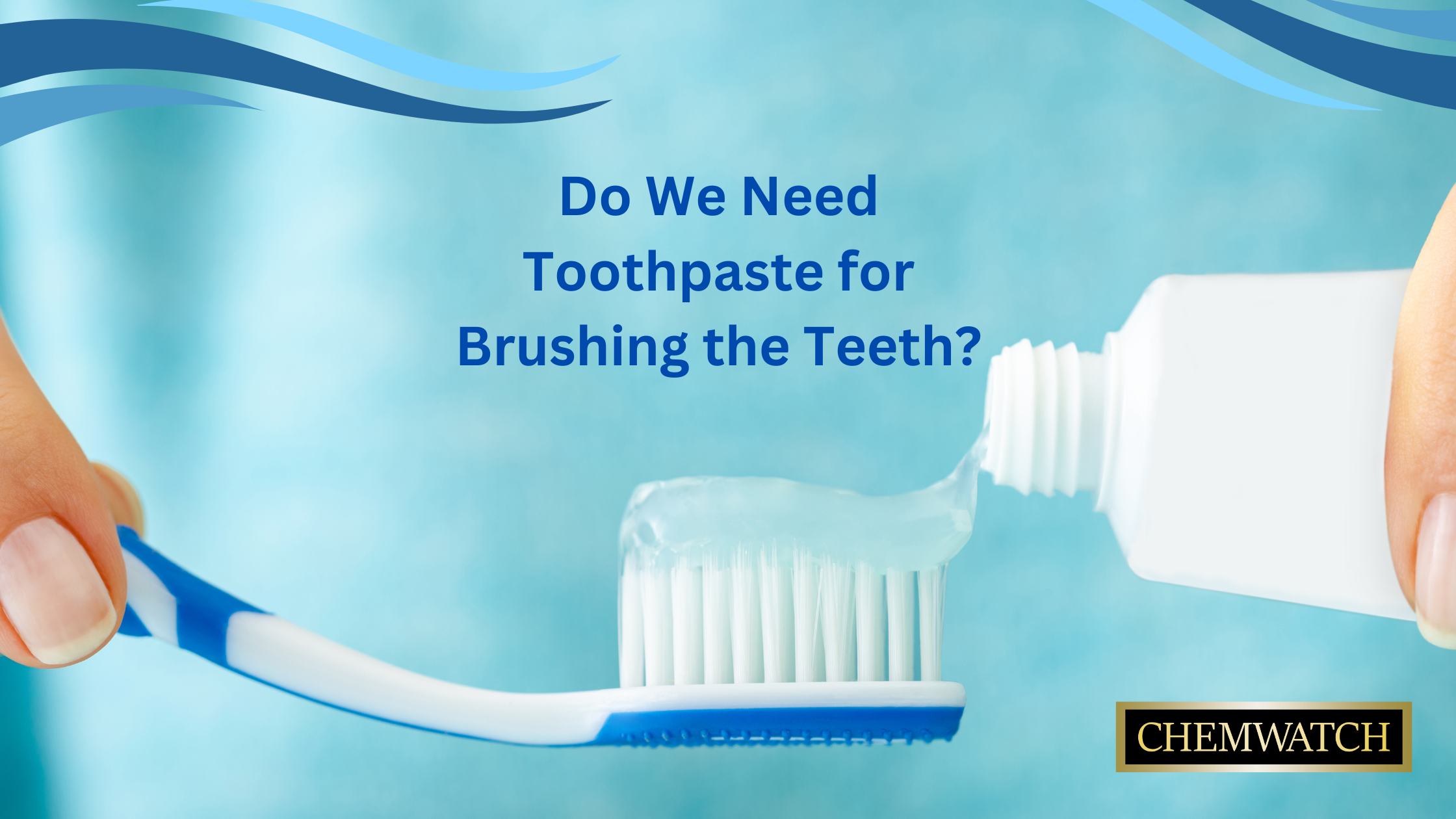
Toothpaste is a household staple and essential, known for its ability to cleanse teeth, freshen breath, and prevent cavities. While the product really needs no introduction, the evolution of dental hygiene practices brings one burning question to the fore: is toothpaste really indispensable, or are there viable alternatives?
In this article, we will look for answers and seek to understand more about the formulations that are best for cleaning teeth.

Traditional toothpaste contains a combination of ingredients. One of the key components is fluoride, a mineral known for its ability to strengthen tooth enamel and protect against decay. Fluoride works by remineralising the outer layer of teeth, making them more resistant to acid attacks from plaque bacteria.
In addition to fluoride, toothpaste often contains abrasives, such as silica or calcium carbonate, which help remove plaque and surface stains. Detergents like sodium lauryl sulfate create foam to aid in cleaning, while flavourings provide a pleasant taste and fresh feeling after brushing.
Despite the benefits of fluoride and other toothpaste ingredients, some individuals question the necessity of using toothpaste for brushing. One argument is that the mechanical action of brushing with a toothbrush alone is sufficient to remove plaque and food particles from the teeth. Studies have shown that even dry brushing without toothpaste can effectively reduce plaque buildup and improve oral hygiene.
Furthermore, concerns have been raised about the potential side effects of certain toothpaste ingredients. Many studies have been conducted over time, and most of them have raised concerns about the side effects of some of the chemicals present in toothpaste. For example, some people may be sensitive to sodium lauryl sulfate, experiencing irritation or allergic reactions. Others worry about the ingestion of fluoride, particularly in young children who may swallow toothpaste while brushing. So, it still remains unclear whether toothpaste can be deemed ‘healthy’ when it can cause side effects.
For those seeking alternatives to traditional toothpaste, there are several options to go for. Baking soda, or sodium bicarbonate, is a natural abrasive that can help remove plaque and surface stains. Some people choose to mix baking soda with water to create a paste for brushing, while others use it as a dry powder.
Oil pulling is another alternative method that involves swishing coconut oil or another oil in the mouth for several minutes. Advocates claim that oil pulling can remove bacteria, reduce plaque, and improve overall oral health. However, more research is needed to fully understand its effectiveness.
Herbal toothpastes, made from natural ingredients like neem, peppermint, and clove, have gained popularity among those seeking a more holistic approach to oral care. These toothpastes often contain antimicrobial compounds that can help fight bacteria and prevent gum disease.
So, do we really need toothpaste for brushing our teeth? Ultimately, the answer depends on individual preferences and oral health needs. For some people, fluoride toothpaste may be essential for preventing cavities and maintaining strong, healthy teeth. Others may find that alternative methods, such as baking soda or oil pulling, offer effective cleaning without the use of traditional toothpaste.
Regardless of the method chosen, the most important thing is to practice good oral hygiene habits, including brushing twice a day, flossing daily, and visiting the dentist regularly for check-ups and cleanings. Whether you opt for fluoride toothpaste, natural alternatives, or a combination of both, the goal remains the same: to keep your smile healthy and bright.
If you want to know more about the environmental and health effects of chemicals, or how to minimise risk while working with chemicals, we’re here to help. We have tools to help you with mandatory reporting, as well as generating SDS and Risk Assessments. We also have a library of webinars covering global safety regulations, software training, accredited courses, and labelling requirements. For more information, contact us today!
Sources